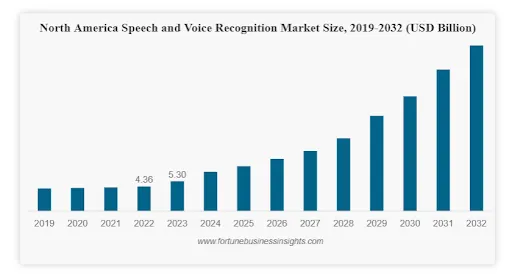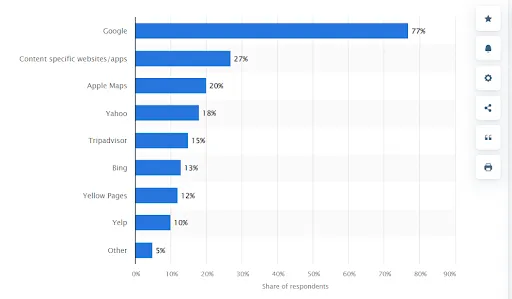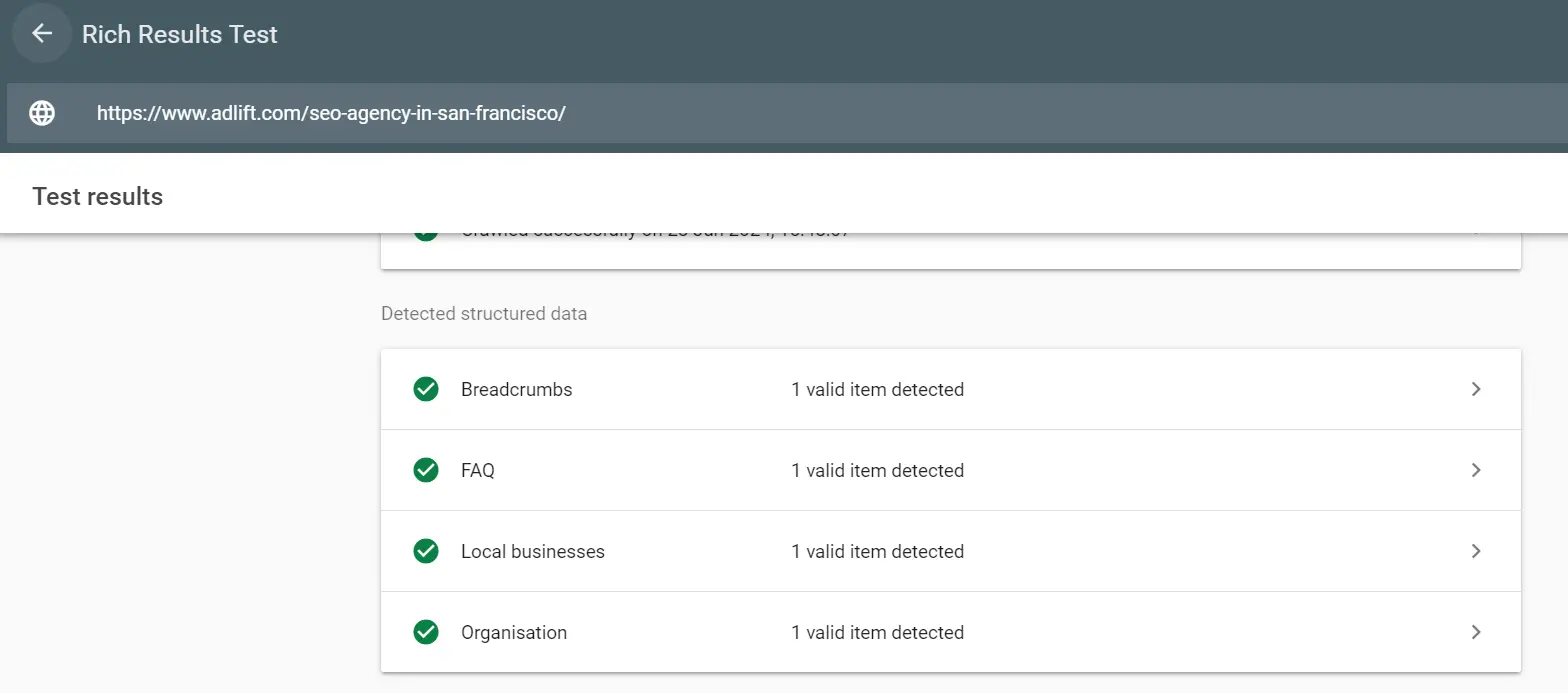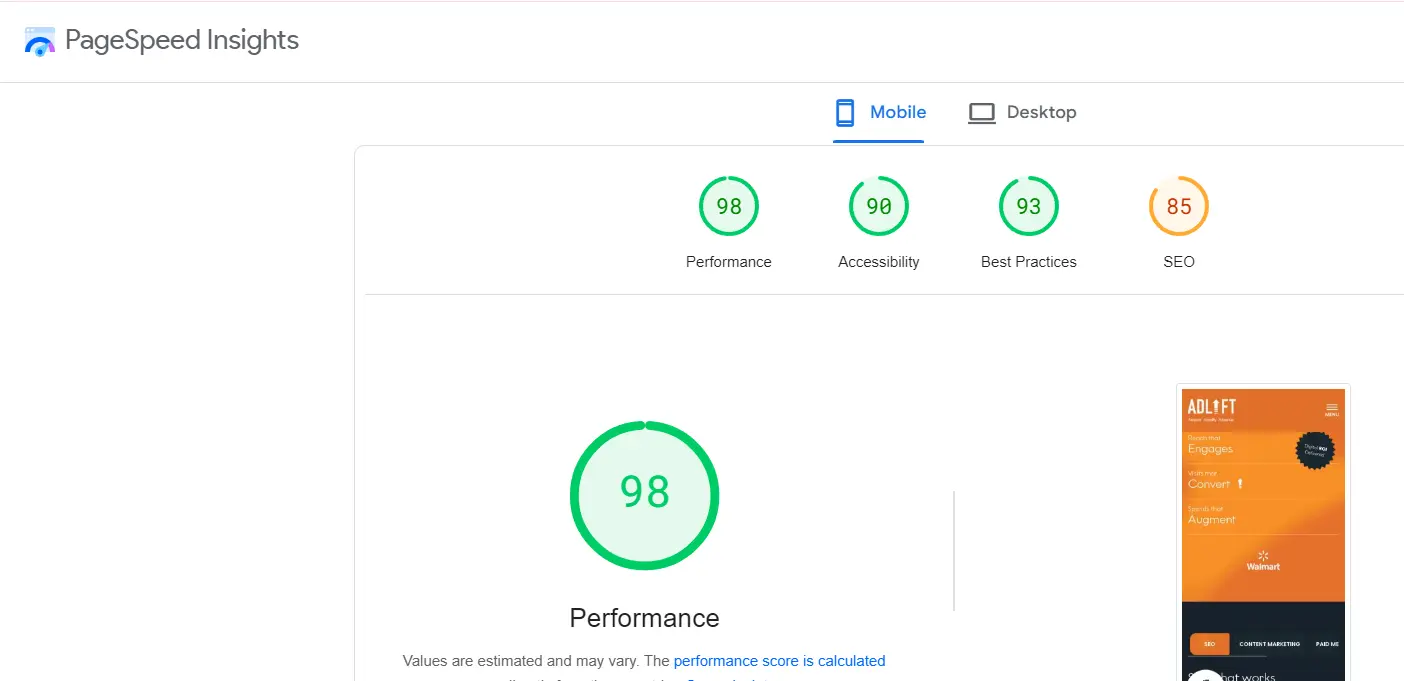Boost Your Website Traffic with Voice Search Optimization

What is Voice Search Optimization and How is it Beneficial
Many decades ago, it would have been unbelievable to think about how we can speak into our phones, laptops, TVs, and even refrigerators to get them to do what we want. Today, this is a reality and not a dystopian science fiction novel.
Almost 40% of the US population uses the voice search feature. It is one of the most convenient features introduced in the last few years. Are you eating, and are your hands dirty? No worries, just tell your TV what show you want to watch. It is that easy.
Voice Search Optimization is an essential and evolving tool for helping companies stand out in an increasingly congested digital market. As one in five consumers turn to voice search technologies to find information, businesses must ensure their target audience finds them easily online.

The technique of improving your content to appear higher in search engine results when a user enters a voice query is known as voice search optimization. It entails tailoring material to the kinds of queries voice search users are most likely to pose. Understanding the distinction between voice search optimization and conventional search engine optimization (SEO) is critical.
Voice search optimization concentrates on content optimized for natural language, whereas traditional SEO focuses on information optimized for keywords. For voice search technology and virtual assistants to display your page to users in voice search results, voice search optimization aims to answer frequently asked verbal inquiries in your content.
Voice Search Optimization: Reasons For You To Use
The global speech and voice recognition market size is projected to be worth USD 15.46 billion in 2024 and reach USD 84.97 billion by 2032 (Source: Fortune Business Insider). Major conglomerates like Apple and Amazon have already tapped into this market by launching technologies like Alexa and Siri.

Source: Fortune Business Insights
Increased Visibility
Thanks to devices such as smartphones, smart speakers, and smart TVs, using a virtual assistant to perform web searches has become commonplace. It’s easier, quicker, and more convenient than typing in a query. Whatever your industry, voice search offers another vital chance to obtain organic search traffic. By utilizing voice search, you may reach a new group of consumers; these people mostly use smartphones and smart speakers to locate companies and make purchases.
Optimize for Voice Search Now!
Better User Experience
Optimizing for voice search can enhance user experience by giving users more relevant and helpful results. Content that has been voice search optimized has a higher chance of correctly responding to user queries and giving them the information they need.
Increase Brand Awareness
Optimizing voice search results can help companies increase brand recognition. By providing pertinent and helpful results, organizations can cultivate a sense of trust and loyalty among their target market. Voice search optimization in digital marketing is becoming a trend day by day.
Making your online material more discoverable through voice queries is known as voice search marketing. Businesses that have mastered voice search marketing stand to earn a substantial advantage as customers migrate to this easy way of shopping and surfing the internet.
Voice search’s ascent in digital marketing is revolutionizing how companies run their ads. Conventional written content strategies must now consider long-tail keywords, conversational language, and client intent. Businesses can customize their content to match user searches by foreseeing the queries and terms that users may use to find their goods or services.
Six Ways You Can Use It For Your Benefit
Target Longtail Keywords
Unlike traditional SEO, which uses keywords to increase engagement, we need to use longer, more natural sentences for voice search optimization to mimic how people ask questions. One of the best things you can do to make your content voice search compliant is to focus more on long-tail keywords and question keywords. If you do this, you will get visits from users who submit longer, more precise inquiries.
For example, instead of using a broad keyword like “pizza,” optimize for a long-tail keyword such as “Where can I find the best pizza place near me?” This more specific query mimics natural speech and captures users looking for precise information.
Use Natural Language
As previously indicated, voice search is more conversational in nature. Writing conversationally and utilizing natural language are key components of voice search optimization. This entails using standard language and expressions along with appropriate syntax and punctuation.
Considering that voice search inquiries are typically more conversational in nature, it’s critical to employ long-tail keywords that emulate typical speech patterns. For example, use a long-tail term, such as “Where can I find the best orthodontist near me?” in place of the phrase “dentist.” It is also important to test your website’s voice friendliness and whether the voice search feature is helping you.
Prioritize Local SEO
Enhancing local companies’ search engine visibility, especially for brick-and-mortar establishments, is known as local SEO. Local SEO is essential for these companies because it focuses on prospective clients who are likely to make a purchase and are located locally. It’s also among the most effective methods of voice search optimization.
Common ways to improve your local SEO are to optimize your Google Business profile, find and incorporate local keywords, and create locally relevant content. More than 75% of US, UK, France, and Germany customers use Google to find business information.
Additionally, the number of “stores near me” Google Maps searches has increased globally by more than 100% in the past year (Source: Statista), which means that for your business to show up on these searches, it is important to focus on local search engine optimization.

Source: Statista
Google My Business (GMB) is a great tool that is offered by Google to help small businesses increase their local visibility. GMB offers better search engine rankings as businesses in its listings are often displayed prominently in searches since Google prioritizes authenticated businesses. This can help a business rank better and help with voice search optimization.
For instance, if you run a coffee shop, ensure your GMB profile includes your hours of operation, menu, photos of your coffee shop, and customer testimonials. This will help your business appear in local searches and improve your chances of being found via voice search.
Capture Snippets
Answer boxes, sometimes referred to as featured snippets, are collections of content that appear on the search engine results page (SERP) without requiring the user to navigate to the item’s home page. To provide an improved user experience, Google displays these snippets below the adverts and above the normal SERP results. They are taken from a website that does well in the search and, if they are successfully grabbed, can significantly increase traffic.

Source: Google for Developers
To get a Google snippet, here are ways to target it:
- Organise your website using heading and paragraph tags.
- Include steps in your answers for answering a question.
- Make sure your content is 54 to 58 words long.
- Take a definitive style approach for non-question-based keywords.
For example, if you run a gardening blog, you might target the snippet for the question “How do you plant a vegetable garden?” by writing a short, step-by-step guide that fits within 54 to 58 words.
Use Scheme Markup
HTML data integrated into your web pages is called structured data or schema. Using schema is intended to make it easier for search engines to find your website. Schema gives search engines a more comprehensive understanding of your website’s purpose and subject matter.
Schematic markup is all about giving search engines instructions on how to comprehend your purpose, target market, and the value you offer to search engine users. This facilitates search engines’ ability to match your website with pertinent search terms. To put it another way, schema markup is crucial for increasing your internet visibility.

For example, add structured data markup to your website’s HTML. If you have a recipe website, use schema markup to tag elements like the recipe name, ingredients, cooking time, and nutritional information. This helps search engines understand the content and can improve your chances of appearing in rich results.
Keep Your Website Fast
Keeping your website fast will not only make it easier for your audience to navigate it, but search engines like Google also push faster websites. The majority of voice searches are done on mobile devices. Make sure your website is mobile-friendly by employing a responsive design and content optimization for smaller screens. Most voice searches are also conducted by people on their phones.
Use Google PageSpeed Insights to test your website’s speed. If your score is low, consider compressing images, leveraging browser caching, and minimizing CSS and JavaScript. Ensure your site is mobile-friendly with a responsive design so it loads quickly on mobile devices, which is critical for voice search users.

Google PageSpeed Insights is a tool provided by Google that analyzes your website’s performance on desktop and mobile phones. It provides you with a performance score, which you can use to gauge your website’s performance.
Create FAQ pages
Frequently Asked Questions (FAQs) are a great way to keep your audience engaged and answer the most commonly asked questions. Your website should aim to answer any and all questions that a person might have about your business or service.
Search engine results pages (SERPs) are likelier to include featured snippets or position zero, or the top place, for well-formatted and relevant FAQs. Voice assistants frequently respond directly to voice inquiries by reading featured snippet content.
Get
in Touch
Contact AdLift for a 360-degree marketing plan
Since FAQs can include long-tail keywords and natural language, it is a great tool for addressing specific queries with targeted answers. For example, develop an FAQ page that answers common questions related to your business. For an online electronics store, include questions like “What is your return policy?” or “How do I track my order?” This provides valuable information to users and uses long-tail keywords and natural language, increasing the likelihood of appearing in voice search results.
Conclusion
Voice Search Optimization is essential to staying ahead in a cutthroat digital environment and not just to stay up with technology. Businesses need to adjust their strategy to maintain exposure and engagement as more people use voice search due to its efficiency and simplicity.
Voice search optimization improves user experience by integrating natural language and providing personalized content. By implementing schema markup, snippet capturing, mobile optimization, and local SEO, businesses may not only enhance their search engine rankings but also build more brand awareness and client trust.
Learning Voice Search Optimization is still an essential tactic for companies hoping to prosper in a world where people are increasingly using their phones for voice searches as the digital space develops.
